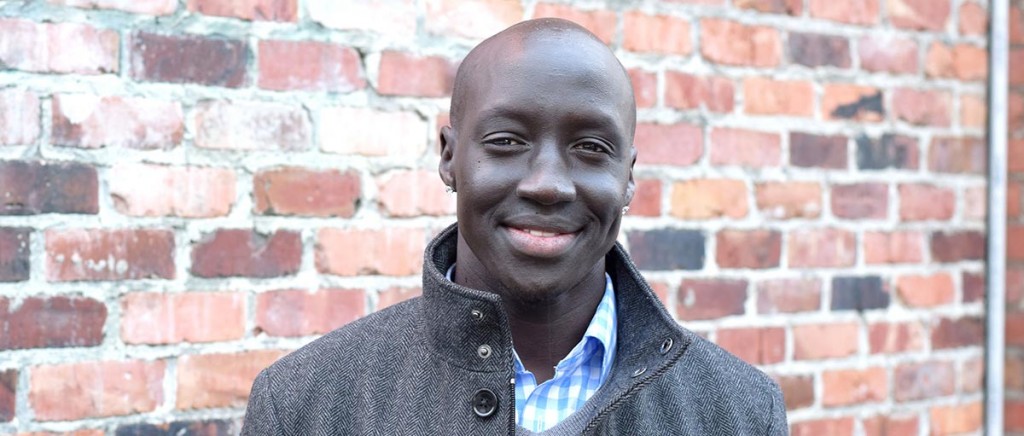Page 275 • (2,809 results in 0.092 seconds)
-
) and editor of Antisemitism, Christian Ambivalence, and the Holocaust (Indiana University Press, 2007). His writing has appeared in both edited collections and in academic journals including Church History, Historisches Jahrbuch, and Holocaust and Genocide Studies. Spicer is co-editor of Studies in Christian-Jewish Relations, the academic journal of the Council of Centers on Jewish-Christian Relations, a member of the Holocaust Educational Foundation’s Academic Advisory Council, and a Catholic
-
the World Health Organization Dr. Ami Shah, Associate Professor of Global Studies and Anthropology Lecture Description: The United States has turned away from the World Health Organization (WHO) in the wake of the COVID-19 pandemic. What are the implications of this move? At the time of writing, the United States leads the world in the number of confirmed COVID-19 cases. This lecture addresses the question “What is the role of global cooperation, particularly through the World Health Organization
-
the World Health Organization Dr. Ami Shah, Associate Professor of Global Studies and Anthropology Lecture Description: The United States has turned away from the World Health Organization (WHO) in the wake of the COVID-19 pandemic. What are the implications of this move? At the time of writing, the United States leads the world in the number of confirmed COVID-19 cases. This lecture addresses the question “What is the role of global cooperation, particularly through the World Health Organization
-
will work in groups to provide a custom research project for a business or non-profit client. (4) BMBA 509 : Global Business Perspectives Evaluate cultural, economic, political and environmental contexts for global business. Develop value-adding strategies, organizational capabilities and personal competencies for business success across borders and cultures. On-campus course with embedded international experience. (4) BMBA 510 : Legal, Ethical and Social Responsibilities of Business A survey of
-
should I do with my personal belongings during the ceremony?"There is no space available for items to be stored. Please leave all items (keys, purses, cameras, flowers, extra clothing, etc.) you do not want to carry with you during the ceremony with your guests. We do not recommend leaving items of value in your vehicle, however if you have to leave any item in your vehicle, it is best to store it in the trunk out of view. "What do I wear to the Commencement Ceremony?"All graduation candidates
-
State legal requirement). This can be done on your PLU Banner Self Service student account: Go to https://banweb.plu.edu Select “Banner Self Service” Sign in using your PLU ePass information On the ‘Personal Information’ tab, select ‘Notifications and Preferences’ from the menu Select ‘Meningococcal Release Information’ Review the provided information, then click the acknowledgment button. What happens if I don’t have it completed by my class registration appointment? Your student account will be
-

. Dawson’s Hooga Wear line, inspired by a summer semester in Denmark’s Copenhagen, is entirely her own and intimately interwoven with personal experiences. A graphic tee, for example, emblazoned with a skull cut open to reveal an explosion with clouds and static, represents the debilitating pain Dawson experiences inside her head. Stamped on another is the Smith Tower, her favorite building in Seattle and the first landmark her grandmother journeyed to see when she moved to Washington from Montana. “I
-
Procedures.Purchasing Card termination for cause may occur if: The P-Card is used for purchases deemed personal in nature and with no direct PLU business purpose. Charges include, but are not limited to, off campus departmental staff parties, unauthorized gifts purchased for staff, faculty, or student employees not reported in advance to the Business Office, meal purchases when not traveling on University business, unauthorized flower or alcohol purchases. (See PLU Travel and Business Expense Policy for more
-

fundraiser to support David’s trip to South Sudan.Throughout two years living together, David and I spent countless hours discussing topics typical of college students: politics, religion, dating, etc. Our conversations were open, honest and even chippy at times. But it wasn’t until he was featured in the spring 2010 issue of PLU’s Scene magazine (now ResoLute) that I knew any details of his personal journey. Upon arranging to discuss David’s return to South Sudan, I was excited but nervous to address
-
. Beyond these interpersonal relationships, which I cherish to this day and intend to maintain for years to come, I also gained knowledge and skills through my coursework that have proven useful to me in later academic endeavors. While I was in Norway, I conducted an independent field research project on Norwegian approaches to development aid, which involved personal interviews with several prominent scholars and practitioners. Now, in my graduate studies in the anthropology and sociology of
Do you have any feedback for us? If so, feel free to use our Feedback Form.


